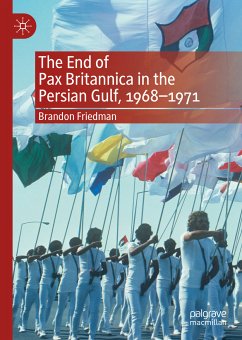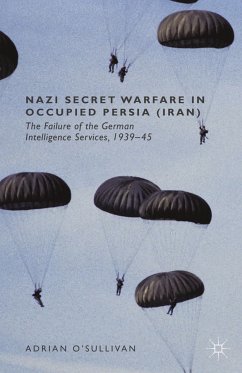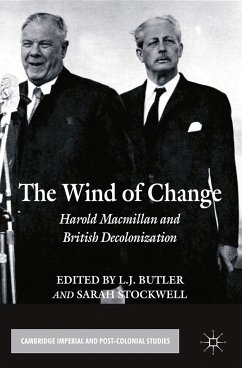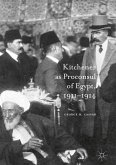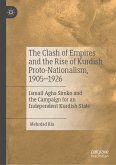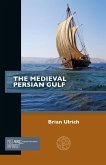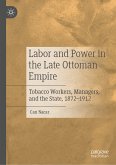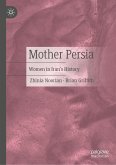This book examines how the rulers in the Persian Gulf responded to the British announcement of military withdrawal from the Gulf in 1968, ending 150 years of military supremacy in the region. The British system in the Gulf was accepted for more than a century not merely because the British were the dominant military power in the region. The balance of power mattered, but so did the framework within which the British exercised their power. The search for a new political framework, which began when the British announced withdrawal, was not simply a matter of which ruler would amass enough military power to fill the void left by the British: it was also a matter of the Gulf rulers - chiefly Iran, Saudi Arabia, and the ruling shaykhs of the lower Gulf - coming to a shared understanding of when and how the exercise of power would be viewed as legitimate. This book explores what shaped the rulers' ideas and actions in the region as the British system came to an end, providing a much-needed political history of the region in the lead-up to the independence of the UAE, Bahrain, and Qatar in 1971.
Dieser Download kann aus rechtlichen Gründen nur mit Rechnungsadresse in A, B, BG, CY, CZ, D, DK, EW, E, FIN, F, GR, HR, H, IRL, I, LT, L, LR, M, NL, PL, P, R, S, SLO, SK ausgeliefert werden.

